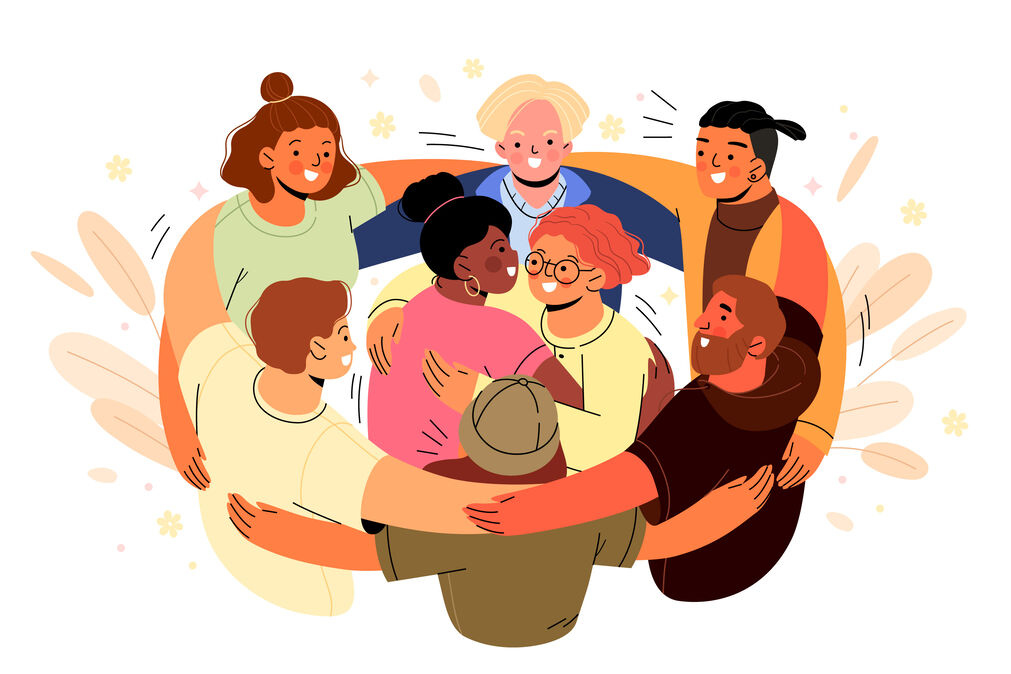The case for compassion on campus...

Have you ever caught yourself making a quick judgement about someone - how they dress, how they talk, the vibe they give off? It’s a common experience. We notice the surface, fill in the blanks, and move on. But in doing so, we often miss the complexity of who someone really is.
That’s not necessarily a flaw in your character - it’s a function of the brain. We’re wired to make sense of things quickly. But the shortcuts our minds take can lead us to unfair assumptions about others. Maybe someone seems unfriendly, when really, they might be shy or going through a tough time. Maybe they dress in a way you don’t recognise, but it reflects a culture, identity, or personal history you don't yet understand.
That said, this isn’t about pretending to like everyone. You won’t connect with every person you meet, and that’s fine. We all gravitate toward people we share things with - values, humour, experiences, and so on. But there’s a difference between not being close to someone and excluding them. That difference often shows up in subtle ways: who we sit with, who we invite, and who we talk about. These everyday choices either include or isolate, often without us meaning to do either.
University life is typically the time when students craft their identity - trying to find your place, working out who you are, figuring out where you belong. There’s pressure to seem confident, interesting, and likeable. But behind the surface, most of us are navigating doubts and insecurities. Everyone has off days. Everyone feels a little lost sometimes. And when you're going through that, being judged or dismissed can feel especially harsh.
“If you can't help others, at least do no harm.” — The Dalai Lama
You don’t need to fix anyone’s problems or be everyone’s best friend. But you can choose to be kind. You can choose not to pile on, not to laugh at someone’s expense, not to reinforce a group dynamic that leaves others out. These aren’t grand gestures - they’re often just small decisions we make in passing.
Here are a few questions worth asking yourself now and then:
When was the last time I made a snap judgement about someone?
Have I ever been left out or misunderstood? How did that feel?
What does it mean to me to be treated with respect - and do I offer that to others?
A few practices that help:
Hold back on instant opinions. First impressions rarely tell the full story.
Ask yourself what else might be going on. Anxiety, grief, shame, fear, struggles at home - all of these are invisible.
Make small efforts to include. A smile, a quick check-in, an invitation - small things count.
Assume others are trying their best. Even if it doesn’t look like it.
How we treat others says something about who we are. And in the messy, in-between years of learning, failing, and growing, we can all benefit from a bit more kindness. Let’s try to give it where we can.




